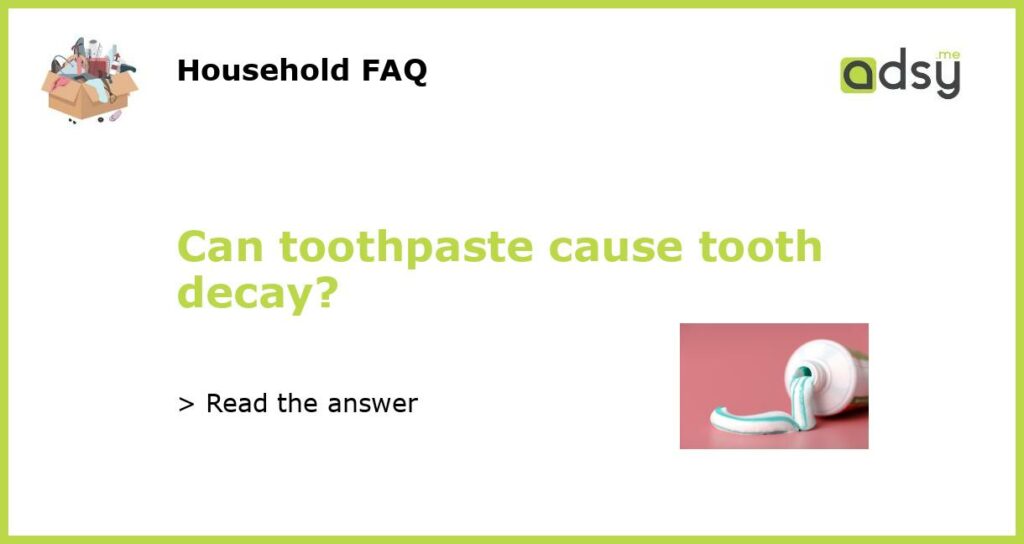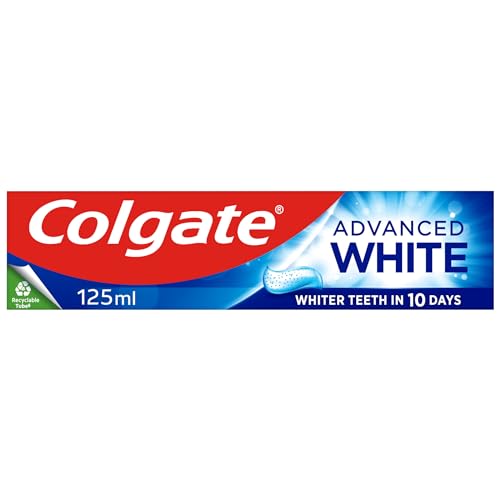Does toothpaste cause tooth decay?
Many people rely on toothpaste as part of their daily oral hygiene routine. After all, toothpaste is specifically designed to keep our teeth clean and healthy. However, there is a common misconception that toothpaste itself can cause tooth decay. So, is there any truth to this claim?
The role of toothpaste in dental hygiene
Toothpaste plays a vital role in maintaining oral health. It contains active ingredients such as fluoride, which has been scientifically proven to protect against tooth decay. Fluoride helps to strengthen the enamel, the outer layer of the teeth, making it more resistant to acid attacks from bacteria and sugars in our mouths.
In addition to fluoride, toothpaste also contains abrasive particles that help mechanically remove plaque and food debris from the teeth. This physical action, combined with the brushing motion, helps to prevent the buildup of plaque, the sticky film of bacteria that can lead to cavities and gum disease.
Furthermore, toothpaste often contains antimicrobial ingredients, such as triclosan or essential oils, which can help reduce the number of harmful bacteria in the mouth. This further contributes to maintaining a healthy oral environment.
The truth about toothpaste and tooth decay
Contrary to the misconception, toothpaste does not cause tooth decay. In fact, it helps to prevent tooth decay when used correctly as part of a good oral hygiene routine. However, it’s important to note that not all toothpaste is created equal.
Using toothpaste without fluoride or with insufficient fluoride content may not provide the same level of protection against tooth decay as fluoride-containing toothpaste. Therefore, it is recommended to choose a toothpaste that contains fluoride and has been approved by dental professionals.
Additionally, the brushing technique and frequency are critical factors in preventing tooth decay. Brushing at least twice a day, for two minutes each time, using a soft-bristled toothbrush and applying the recommended amount of toothpaste – a pea-sized dollop – is key to maintaining good oral health.
Other factors contributing to tooth decay
While toothpaste is an essential tool in the fight against tooth decay, it’s important to remember that it is just one aspect of a comprehensive oral care routine. Other factors can contribute to tooth decay, such as:
- Poor brushing technique or inadequate brushing
- Not flossing regularly
- A high-sugar diet
- Infrequent dental check-ups
- Dry mouth
Addressing these factors, in addition to using fluoride toothpaste, can help minimize the risk of tooth decay and promote overall oral health.
The importance of regular dental check-ups
While toothpaste can be effective in preventing tooth decay, it is crucial to remember that regular dental check-ups are essential for maintaining optimal oral health. Dentists can perform professional cleanings to remove plaque and tartar buildup, provide personalized oral hygiene advice, and detect and treat any dental issues before they progress.
If you have concerns about tooth decay or any other dental matters, consult with a dental professional who can provide expert guidance tailored to your individual needs. Remember, prevention is always better than cure when it comes to oral health.






